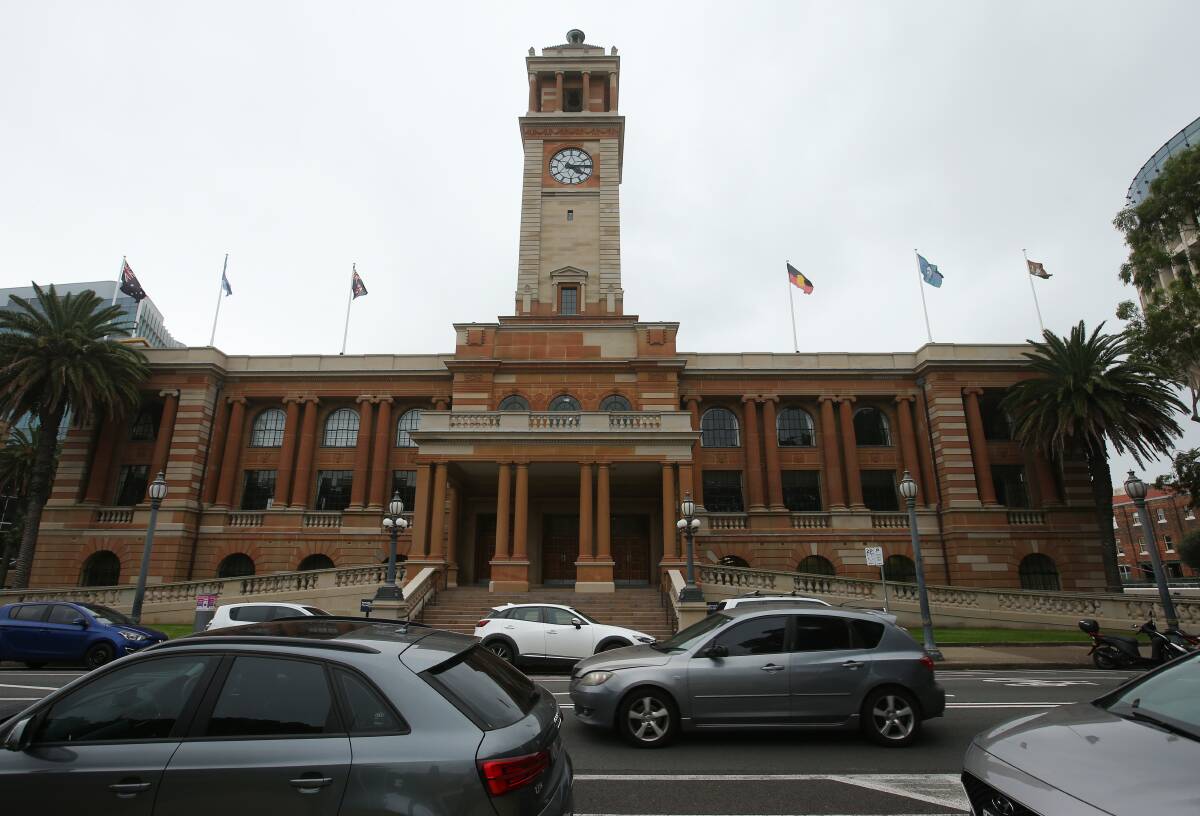
The 400 concerned citizens gathering in the Hunter Room of Newcastle City Hall listened in disbelief as apologies were read out from their local and state political representatives who were in power. Conversely, the opposition members were able to find the time to turn up and listen.
It appears that key decision makers had something more pressing to do on the night than listen to a seething grassroots revolt against their management of the city on behalf of the citizens of Newcastle. People at the meeting made it abundantly clear they believed their elected representatives were more interested in the wishes of Newcastle property developers and the councillor's agendas, than the people they serve.
Town hall meetings have become a useful safety valve in democracies worldwide, creating a necessary interface between citizens and their representatives. Democracy is a relatively recent phenomenon in the broad sweep of world history - after all, Australia's is the sixth-oldest in the world. It is precious, and there are no guarantees that it will survive long-term given people's lack of understanding about this system of government and cynicism about how it operates.
Cynicism was on full display as the meeting's three guest speakers put forward many examples of how the will of the people seemed ignored in crucial areas which directly affect their lives. Hunter Community Forum Co-convenor Therese Doyle opened the Whose City is It forum by calling for transparency, accountability and inclusion instead of secrecy and exclusion. She claimed that the citizens of Newcastle are angry at being shut out of decision-making.
Dr Christine Everingham from the Newcastle East Residents Group claimed that Supercars survey by KPMG conveniently gave the council answers it wanted and a licence to continue this event, which many argue is still having a negative impact.
Brian Ladd from the Newcastle Inner-city Residents Alliance complained that property developers were not sticking to the initially-approved rules and kept going back for variations, which trash the heritage values of the inner-city. Finally, Jo Lynch from the Hunter Community Environment Centre gave many examples of how our natural environment and species are the victims of poor urban planning which is destroying critical habitats, particularly with the expansion of new housing estates.
Many of these council decisions that affect the development of our city have allegedly not involved the people having a say or even having appropriate communication channels. For example, in other local council areas in NSW, the people have the right to directly address the council about meeting agenda items, not in Newcastle. It seems their commitment to respond to citizens' correspondence went too.
This apparent lack of interest in responding possibly explains decision-making in recent years. Strike one - continuing a highly unpopular Supercar racetrack event in a poor city location and producing dodgy surveys as an attempted coverup of the high level of discontent of East End businesses and residents. Strike two - relocating the council from from an excellent city hall that the people own to a costly ivory tower rental in Stewart Avenue; and strike three - the trashing of Newcastle's unique urban and environmental heritage, with variations to the new buildings' height limits, plus an inappropriately located, costly and unfinished skate park on Newcastle Beach.
How will the voters respond to all these decisions at the ballot box?
When the people's will has been ignored in the past, the citizens of Newcastle have shown themselves quite capable of electing non-Labor lord mayors such as Cr Frank Purdue (1953-55 1959-65), Cr Douglas McDougall (1958 1965-73), Cr John Tate (1999-2012) and Cr Jeff McCloy (2012-14).
I wonder if perhaps the current council's successors elected at the September 2024 local government poll may add to that list if the council fails to wholeheartedly embrace responding to the people's will when making their critical decisions.







